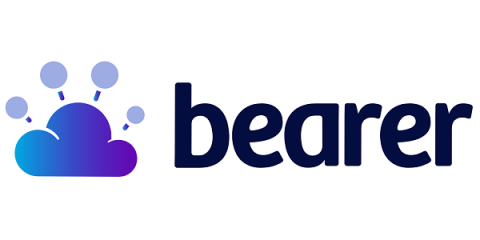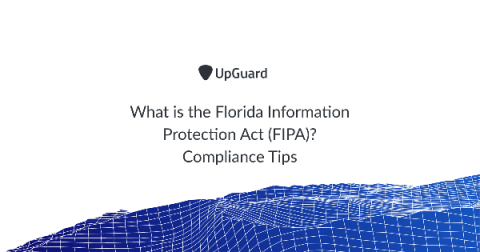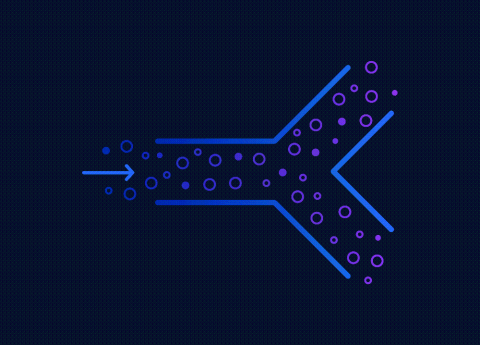So You Want to Achieve NERC CIP-013-1 Compliance...
Is an electricity provider’s supply chain its weakest link in the event of a cyberattack? The evidence is compelling that third parties often play unwitting roles. For example, the NotPetya ransomware attacks in mid-2017 originally gained a foothold via a backdoor in third-party accounting software. To safeguard North America’s electricity supply, the North American Electric Reliability Corporation (NERC) has issued several critical infrastructure protection (CIP) standards.








